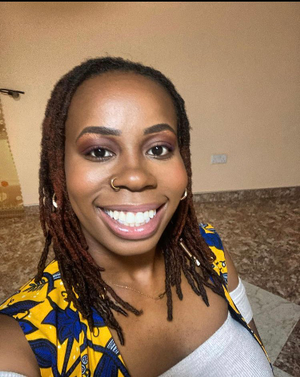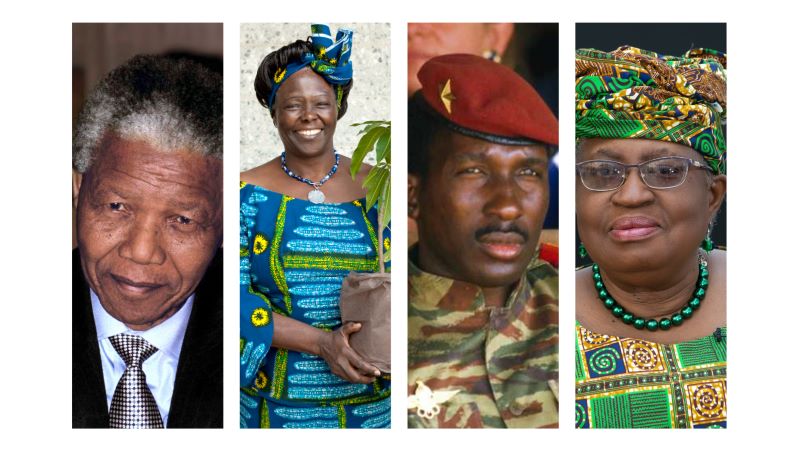On September 28th at 11 am EST on Zoom, FunTimes partnered with the National Wildlife Federation to host the ‘Build Back Better Act: A Conversation with Leaders in Environmental Justice’ event, to create awareness about environmental wellness endeavors that community members can utilize to save lives and stimulate the economy.
This event explored how community members can build sustainable 21st-century environmental-affirming structures through the Build Back Better Act, a bill that aims to repair America’s economy through investing in job creation in various sectors, environmental and agricultural propelling endeavors, middle-class tax cuts, and lowering living expenses for American citizens.
Mustafa Santiago Ali, Vice President of Environmental Justice, Climate and Community Resilience, notes that 1.14 million (mostly of Black, brown, and poor White communities) are exposed to lead Bipartisan infrastructure to deal with lead pipes, which are notorious in places like Flint and Philadelphia, and that the infrastructure has only dedicated ⅓ of the funds necessary to remove the lead pipes.
Over 200,000 people are estimated to die prematurely every year from air pollution. Water infrastructure, water remediation, and medical-related issues from these exposures that affect the uninsured and under-resourced are all part of environmental racism that Ali says isn’t holistically addressed in the bipartisan bill.
Ali says talking about asthma in the Black community and other environmental-related health issues impacting our community helps him to connect young people with environmental justice resources. “Climate change, violence, and systemic racism has a direct correlation with this generation’s focus on self-care”, says Ali.
The question is, as Ali asks, “How do we make sure that we are changing the dynamic? Electric vehicles may help, but how do we monetize it?” He notes that there are employment and monetization opportunities that will allow communities to ‘get the bag and clean the streets’ simultaneously, like funded cleanups.
Other monetization opportunities include electric vehicle charging stations in underserved communities and other energy efficiency businesses, owned by Black and brown people who live in the communities they operate.
Collin O’Mara, the president and the CEO of the Wildlife Federation, says that witnessing the historical injustice in Delaware has informed his work.
He says that Brownfield, or contaminated area, remediation should also be a focus. “30-40% of folks don’t have a natural space within a mile of where they live”, says O’Mara. Other important community-related initiatives include testing the quality of soil in community gardens for lead, where people are growing vegetables etc.
“In West Philly or Delaware, people are still drinking water that is not clean”, says O’Mara, noting that focusing on water issues and restoring the land is critical.
In drawing on the ‘build a canary in the goldmine’ adage, Ohara encourages communities to draw connections between humans and other animals, saying that “When we save wildlife, we save ourselves”.
O’Mara advises community members to follow-up with the accountability of fund dissemination by paying attention to the contracting and subcontracting of initiatives, and certify their business so they can properly connect with resources.
Ali says that intentionality and accountability will ensure that our community will receive the health and economic resources needed, which may include sending emails and calling people to make it known that voters are watching.
“Now is the time to get involved. The next two weeks are crucial. Let the officials know that this is important. We have to make sure that folks are loud and in the room”, says O’Mara.
The National Wildlife Foundation says the Build Back Better Act plan will create millions of jobs, including environmental justice, restoration, and resilience related opportunities. Learn more about their take on the Build Back Better Act plan here.
Works Cited
https://budget.house.gov/news/press-releases/house-budget-committee-advances-build-back-better-act

Nana Ama Addo is a writer, multimedia strategist, film director, and storytelling artist. She graduated with a BA in Africana Studies from the College of Wooster, and has studied at the University of Ghana and Kwame Nkrumah University of Science and Technology. Nana Ama tells stories of entrepreneurship and Ghana repatriation at her brand, Asiedua’s Imprint ( www.asieduasimprint.com ).





